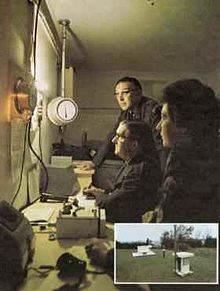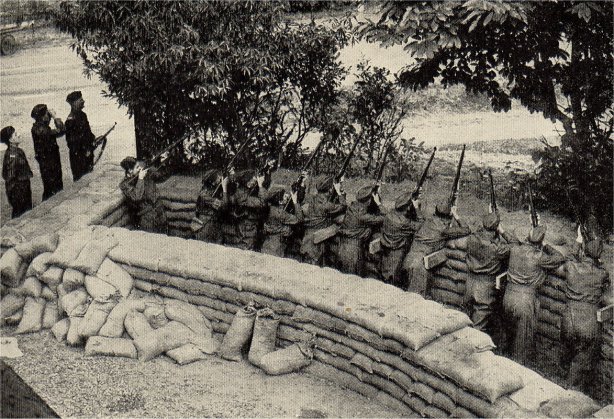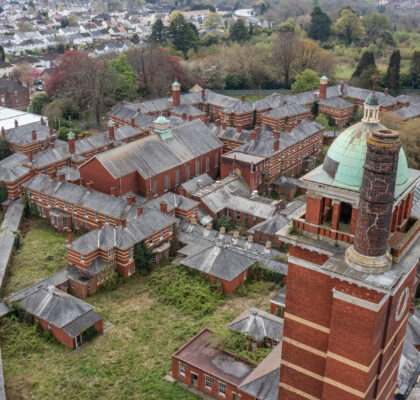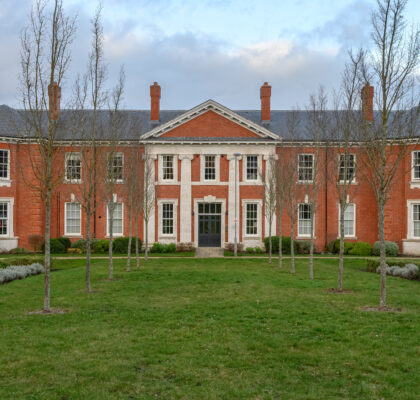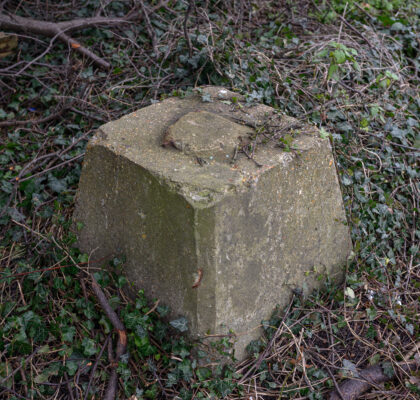The Royal Observer Corps (Cold War) and Home Guard (Second World War)
In 2014, 888,246 hand-crafted ceramic poppies were set in the grounds of the Tower of London to commemorate each British fatality of the First World War. It was a sensation that people travelled the nation to see; but does the tragedy of being killed in action make these men more honourable than those who survived? We all know the enduring mantra of ‘lest we forget’, but what about those who go unremembered each November?
On the home front in the Second World War, soldiers too young and too old to fight on the frontline volunteered for the Home Guard. They were tasked to defend British shores from the German war-machine with muskets, pikes, petrol bombs, and saucepans. Time Team’s Tony Robinson explains, ‘It looked like the British were about to be on the receiving end of a terrible thrashing.’ 28,000 pillboxes and other fortifications were constructed across the United Kingdom, most within in a single year, still impacting the British landscape seventy years on. Renowned historian Richard Overy describes how the year leading up to the Battle of Britain saw immense ‘effort to turn British cities into a virtual frontline’. In July it will be 75 years since the beginning of the Battle of Britain, and if it was not for Germany’s last-minute diversion from Blitzkrieg tactics, we would all be quietly mourning the day our world ended as we knew it – possibly under the shackles of a Nazi world empire.
When the Second World War ended in 1945, the Cold War began, and the threat of a Soviet nuclear warhead landing in the United Kingdom peaked in October 1962 during the Cuban Missile Crisis. The Royal Observer Corps were a group of volunteers who met weekly in community halls in a fashion much like the scouts or cadets. Leaving their families to the perils of the outside world, groups of five observers would be expected to live in cramped single-room bunkers, monitoring and sharing reports of nuclear explosions with local and government headquarters. They would have to open the hatch and change a camera on top of the post daily, rendering the protection of the bunker worthless.
Though the circumstances of war never called upon their service, the Home Guard and Royal Observer Corps are an example of volunteer groups in recent military history who risked almost certain death. Is the probability of an attack on Britain, which would call for the martyrdom of the Home Guard or ROC, any less risk to the possibility of dying in a conventional war? Arguably greater. We live today in a country lucky enough to have won the Battle of Britain, and avoided mutually assured destruction through careful quelling of tensions in the Cold War. It is easy to see that just because we are still here it doesn’t mean we are likely to be. During the years 1939-1945, one in eight men would die in action in the British Army. Although no casualties were suffered in the Home Guard or ROC, nearly all personnel would have died or been captured had we not been fortunate enough to avoid a nuclear strike or invasion force hitting the British Isles. Churchill was so convinced of the inevitability of the German conquest of Britain that he issued his ‘Never Surrender’ speech to prepare the public. By volunteering, the ROC and Home Guard were offering their lives in the likelihood of a national attack.
We live in a reality built on the six of a dice roll; one in which we are fortunate enough not to have had our society torn apart in the conflicts of the twentieth century. For those alive when this certainty was dubious, survival was no guarantee. Death in battle could be instantaneous, but the lingering certainty of death in the near future is a far heavier albatross to bear. Looking at the unsung heroes of the last century, our acts of remembrance come under reconsideration. Regardless of whether those in the armed services survive conflict or are killed in action, every operant who serves our military is willing to give the same sacrifice. Shouldn’t we respect those who survive just as much as those who are lost? Perhaps we should stop and give a second thought next time we buy a poppy, and reflect on the unremembered who willingly signed their lives away for us.
This article was written in 2014 by BTP Liam for his A level English coursework as an A* editorial piece on the subject of war. It was based on the article he originally wrote for Beyond the Point found here https://beyondcanvey.wordpress.com/general-history-articles/signing-their-lives-away-the-observer-corps-and-the-home-guard/.

